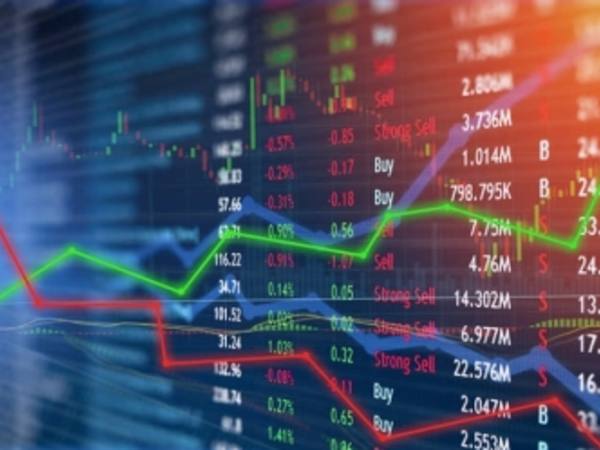Barry Norris, founder of Argonaut Capital, doesn’t consider himself an ‘anti-vaxxer’ nor is he aiming to spark political discourse with his latest blog ‘The vaccine swindle’. But his heavily-cited article doesn’t shy away from scepticism regarding vaccine development. Scientific evidence makes it hard to disagree that a coronavirus vaccine won’t be the game changer that politicians or investors are hoping for.
Vaccines work best when targeting illnesses that cause severe symptoms in otherwise healthy populations. Smallpox, for example (the only virus that mass vaccination has ever eradicated) caused multiple organ failures in 30 per cent of those infected, regardless of underlying health conditions. By contrast, SARS-CoV-2, the strain of coronavirus that causes Covid-19, delivers disproportionately debilitating symptoms in only “a small cohort of the population with impaired immune systems”.
Indeed, as Mr Norris’ article (backed up by data from the World Health Organisation) notes, the median age of death with Covid-19 is 82 years and more than 90 per cent of fatalities to date occurred in those with one or more additional health complaints. Thus “Covid-19 has always been uniquely unsuited to a vaccine solution”.
What’s more, it remains unclear how long the antibodies that protect against SARS-CoV-2 (and are important to long-lasting immunity sparked by vaccination) remain in the human body. Although a peer reviewed article in respected journal Nature notes that “studies of other coronaviruses, such as the four that cause some common colds, lead most researchers to assume that people who have recovered from SARS-CoV-2 infection will be protected from reinfection”, no study has conclusively proved how long that protection will last. Immunity is short-lived for the coronaviruses that cause common colds and even the people who have antibodies can still become ill. A Covid-19 vaccine therefore might not protect patients from repeated infections.
By contrast, the highly effective measles, mumps and rubella (MMR) vaccine is given to pre-school children in western populations because innoculation at a young age is thought to lead to the development of antibodies that can last a lifetime.
The MMR vaccine programme is well on its way to eradicating these illnesses in the US and UK, but progress is slow (and being hindered by a rise in conspiracy theories over the past few years which has sent coverage down to 87 per cent, from the 95 per cent required to achieve herd immunity). And that is in a vaccine that has, for many years, prevented infection – a goalpost that SARS-CoV-2 vaccines are not even trying to achieve. Success in the Oxford Vaccine, for example, would be “a high level of efficacy against disease, which has a significant impact on virus transmission”, according to Sarah Gilbert, who is leading the study. In other words, 'success is mitigation, not eradication'.
The investment opportunity
For Barry Norris – whose hedge fund, Argonaut Capital, has made considerable profits betting against overhyped companies – the vaccine saga provides opportunities. In August, he began to short vaccine developers whose share prices have shot up in 2020 as investors pin their hopes on mega-profits from a successful rollout.
Mr Norris points to the fact that many of the would-be vaccine makers have never taken a successful vaccine to market and the five largest Covid-19 ‘pure plays’ (ignoring the diversified blue-chips such as AstraZeneca) currently have just $500m of revenues between them (largely from research and development receipts). And, following the extraordinary share price rises these companies have enjoyed in the year to date, that revenue represents less than 1 per cent of their equity value.
It’s nevertheless likely that the company that achieves approval first will enjoy a period of exclusivity that could cause further investor excitement, a strong period of sales and another share price leap. But high demand for the first vaccine is unlikely to last: competition (from further vaccine roll-outs) will stifle demand; herd immunity will lower the dependency on a vaccine; and improved hospital treatment will drastically shrink the mortality rate, thus reducing demand for preventative measures. Indeed, the global market for flu vaccines is just $4bn and “the Covid vaccine landscape promises to be significantly more competitive with greater uncertainty over duration of demand”.
What’s more, global governments have already pre-committed to purchase over 2bn doses of vaccine to ensure supplies are ready to be distributed immediately after approval. And with the world waiting for a successful rollout, the vaccine companies’ pricing power is already diminished. Moderna – which boasted it could achieve $35 per dose in August – will be lucky to get anywhere near that.
Investors should note that vaccine demand is unlikely to be sustained beyond the initial launch. And so, for all the companies that have been swept up in the hype of vaccine development, now is as good as it gets.











